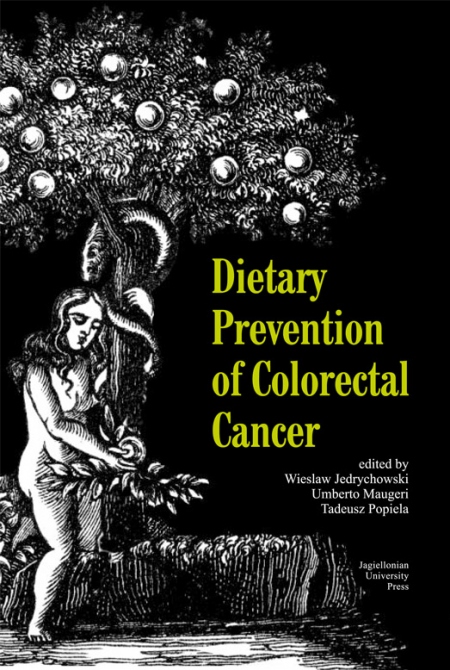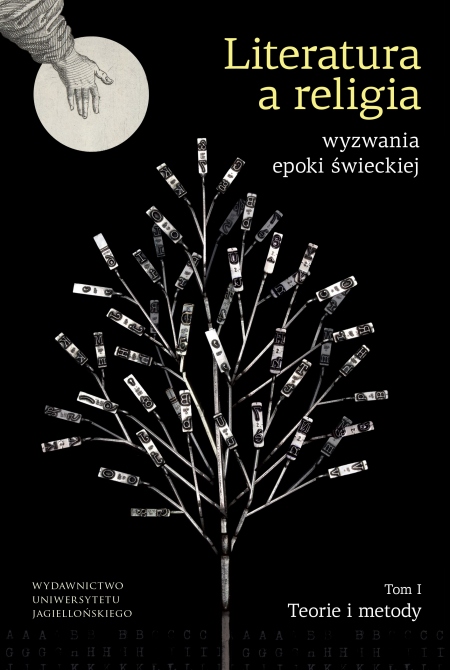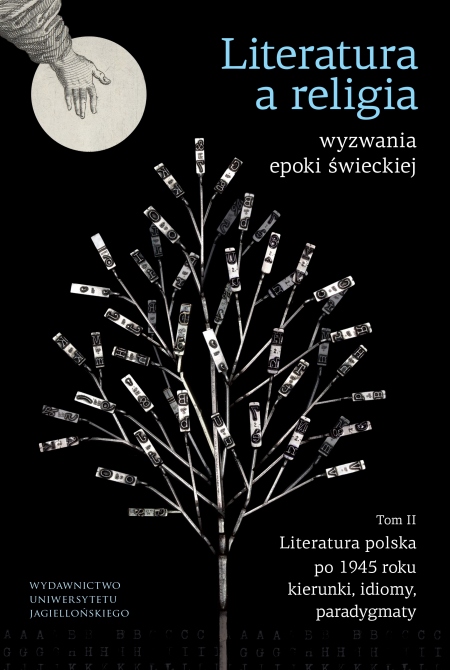
Dietary Prevention of Colorectal Cancer
Edited by: Wiesław Jędrychowski, Maugeri Umberto, Tadeusz Popiela
Pages: 198
Book format: PDF
Publication date: 2009
Release date: 05.05.2009
Book description
The monograph reports die results of the largest hospital based case-control study in Eastern Europe, which confirmed that besides apples and other fruits, also consumption of pickled vegetables was associated with reduced risk of colorectal cancer. The reduction of colorectal cancer risk associated with apple consumption may be related to rich content of flavonoid and poly-phenols mat can inhibit cancer onset by protecting tissues against free oxygen radicals and inhibiting cell proliferation. The protective role of fermented food on the colorectal cancer is not yet clear. However, it is well known that preservation of foods by fermentation ensures not only increased shelf life and microbiological safely of a food but also may also make some foods more digestible. Our study also added an evidence that high consumption of meat may increase the risk of cancer of the large intestine, however, higher fish intake had a clear opposite effect on colorectal cancer. Although the preventive importance offish consumption is still under debate the findings should prompt interest in the possibility that a high dietary intake of n-3 polyunsaturated fatty acids from oily fish may exert anticarcinogenic effects on the colorectal mucosal. The results obtained from molecular and cytogenetic analysis carried out in the study subsanple suggest that cellular DNA repair efficiency evaluated by SCGE assay may identify patients more sensitive or resistant to therapeutic treatment.
Edited by
Wiesław Jędrychowski
, Maugeri Umberto
, Tadeusz Popiela
ISBN: 978-83-233-2690-8
e-ISBN (pdf): 978-83-233-8040-5
Country of producer: Poland
RECOMMENDED BOOKS
105.00
zł
84.00
zł
NEW BOOKS

Dietary Prevention of Colorectal Cancer
Choose chapters to buy:
Order value:
0.00 zł






















